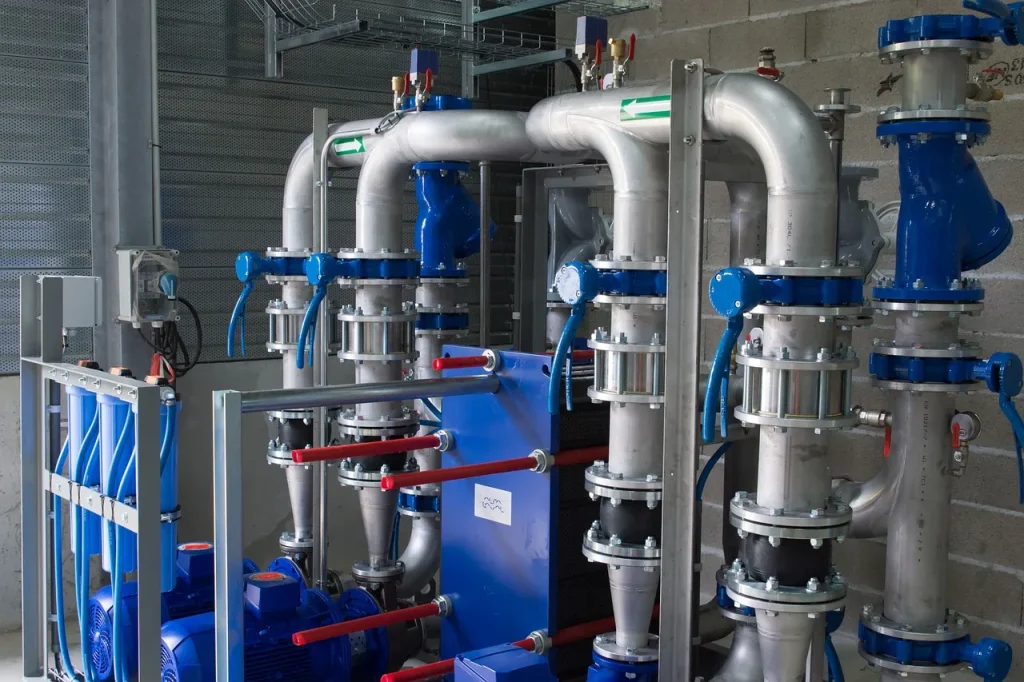
Trust Mobile Hydraulics for expert precision hydraulic system commissioning services in Melbourne, designed to ensure lasting reliability and safety.
Hydraulic system commissioning is essential for promoting equipment safety, ensuring operational efficiency, and supporting long-term system durability. From mobile platforms to industrial presses and material handling units, accurate commissioning safeguards performance while ensuring compliance with all relevant safety standards.
A structured commissioning process verifies that hydraulic systems meet technical specifications and operate reliably under load.
Beyond planning and documentation, attention must be given to the proper handling of key components:
• Cylinders: Cylinders should be pre-filled with clean oil before line connections whenever possible. This practice prevents the ‘diesel effect’, where compressed air pockets can damage seals.
• Motors: Piston-type motors must have their cases filled with oil via the case drain port before start-up. Doing so prevents internal scoring and wear.
• Pumps: Suction lines should be bled to remove air, and piston pumps must have their cases filled and vented through drain ports. Without this step, severe damage can occur during start-up.
These component-specific measures form the foundation for reliable and safe hydraulic performance.
See the detailed breakdown of commissioning procedures from Hydraulics Supermarket to prevent failures and extend equipment life.
A well-structured commissioning program is key to the reliable operation of any hydraulic network. The process begins with planning and extends to full-scale operational readiness. Below are the four core stages of a complete commissioning strategy:
• Pre-Commissioning – Planning and Documentation: This stage defines the objectives, performance benchmarks, and documentation needed for the installation. It ensures the right parts, schematics, safety plans, and compliance protocols are in place.
• Installation Verification and Mechanical Checks: All components are physically inspected to verify correct installation. This includes bolt torques, hose routing, hydraulic line connection points, and alignment checks. Any deviations are corrected before power is introduced.
• Functional Testing and Calibration: This step involves activating the system to evaluate pressures, flow rates, and control functions. Parameters are adjusted to align with technical specifications and ensure the system operates within safe tolerances.
• Final Inspection, Handover & Training: Before project closeout, an inspection verifies the system’s performance under load. Operational documentation is handed over, and end-users are trained on safe operation and maintenance routines.
Professional installation and commissioning services are essential for high-load or technically complex hydraulic systems. They help minimise risk, accelerate system readiness, and ensure installations are completed to the highest standards.
These services are particularly valuable when in-house expertise or specialised tools are unavailable, or when compliance with OEM and safety standards is required. Certified commissioning also preserves warranties, reduces downtime, and prevents costly equipment failures.
Hydraulic system commissioning demands careful planning and precise execution to guarantee safety, efficiency, and reliability. At Mobile Hydraulics Australia, we deliver premium hydraulic and pneumatic solutions, from on-site commissioning to component integration. Our Melbourne-based team also provides installation, testing, repairs, and sales support to keep systems optimised and compliant.
Contact us to schedule your professional hydraulic system commissioning.
Related Blog Article: Comprehensive Mobile Hydraulic Solutions for Industrial Machinery
Factory 89, 38-40 Popes Road
Keysborough, Victoria, 3173
Phone: (03) 9798-6511
Optimized by NetwizardSEO.com.au